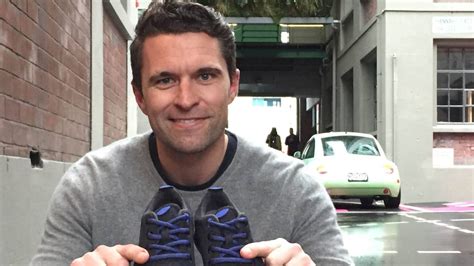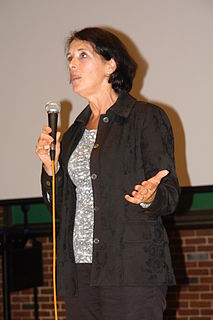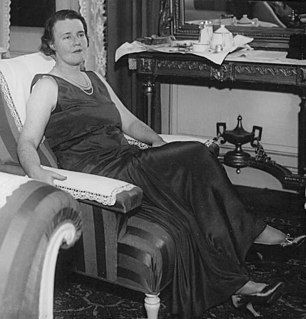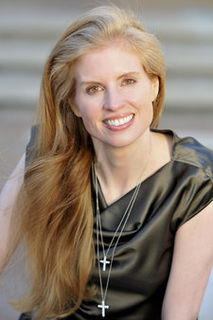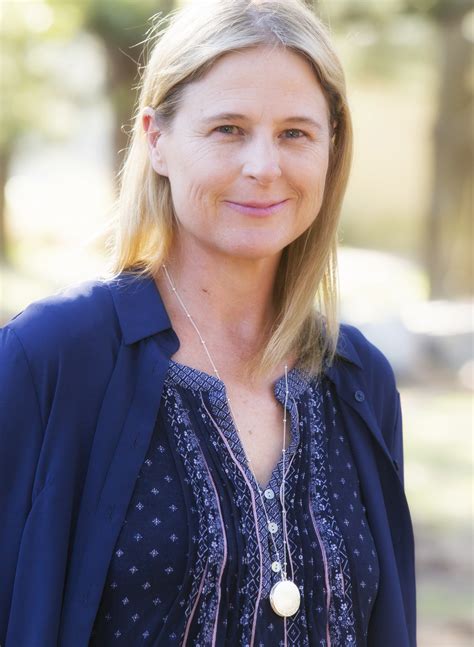A Quote by Tim Brown
Most business processes are about making choices from a set of existing alternatives. Clearly, if all your competition is doing the same, then differentiation is tough. In order to innovate, we have to have new alternatives and new solutions to problems, and that is what design can do.
Related Quotes
When you go back to the above names it was a very much narrower situation - the alternatives were far fewer. Today there is much more competition for the 'hero stakes'! And if you think about all the alternatives you have today to spend your time on, the pool of heroes is much broader. It was very much less back then.
I am passionate about what design can do - how far it can support the new ideas and the new ways of living of this 21st Century. Good design accelerates this exciting future where manufacturing is local, materials and processes are cradle to cradle, business models are both socially and financially driven.
We are about to enter a new era in which, each year, less net energy will be available to humankind, regardless of our efforts or choices. The only significant choice we will have will be how we adjust to this new regime. That choice - not whether, but how to reduce energy usage and make a transition to renewable alternatives - will have profound ethical and political ramifications.
When you advance a frontier, you're doing something that no one has done before. Every time that happens, you have to innovate. You have to think in new ways that hadn't been thought before. You have to invent a new piece of hardware, a new concept, a new law of physics, a new material, a new construction material to enable you to accomplish what it is that you chose to reach for by dreaming about tomorrow.
This is what I want you all to do. I want you to open a new document and type up a list of three problems in your life. Not the universe's life - your own. Underneath, type the solutions." "If we know the solutions," said Belle, "they're not problems." "Exactly," said Denny. "You do know the answers to most of your problems. Somewhere deep inside, you know.
